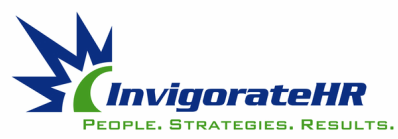 Workplace safety guidelines from federal, state and local authorities are rapidly changing in response to the highly transmittable COVID-19 Delta variant, and employers may want to update their policies accordingly. Significantly, the U.S. Centers for Disease Control and Prevention (CDC) is recommending that fully vaccinated people wear masks indoors if they are in locations with high or substantial COVID-19 transmission rates. Employers may consider reinstituting mask requirements if they are in affected areas. In mid-June, the CDC reported an average of about 12,000 new COVID-19 cases each day, but the rate recently surpassed 40,000 a day on average. "An increase in the number of cases will put more strain on health care resources, lead to more hospitalizations and potentially more deaths," according to the CDC. The agency said that vaccines are the best protection against variants. But news about the spike in cases—as well as the potential for breakthrough cases for the fully vaccinated—has caused some fears to resurface in the workplace. So what should employers do? Here are some tips to be proactive:
Some of the best advice is to encourage workers to get vaccinated and educate them on the vaccine. The impact of the Delta variant has been somewhat effective in persuading people to get the shot, and employers can use this surge as an opportunity to educate their workforce on the benefits of vaccination. Furthermore, communicate that people should NOT come to work if they are sick or experiencing COVID-like symptoms. Cold and flu season is around the corner and employers will want to ensure they are keeping the workplace safe and productive. Adapted from SHRM Comments are closed.
|
Archives
December 2024
|

 RSS Feed
RSS Feed